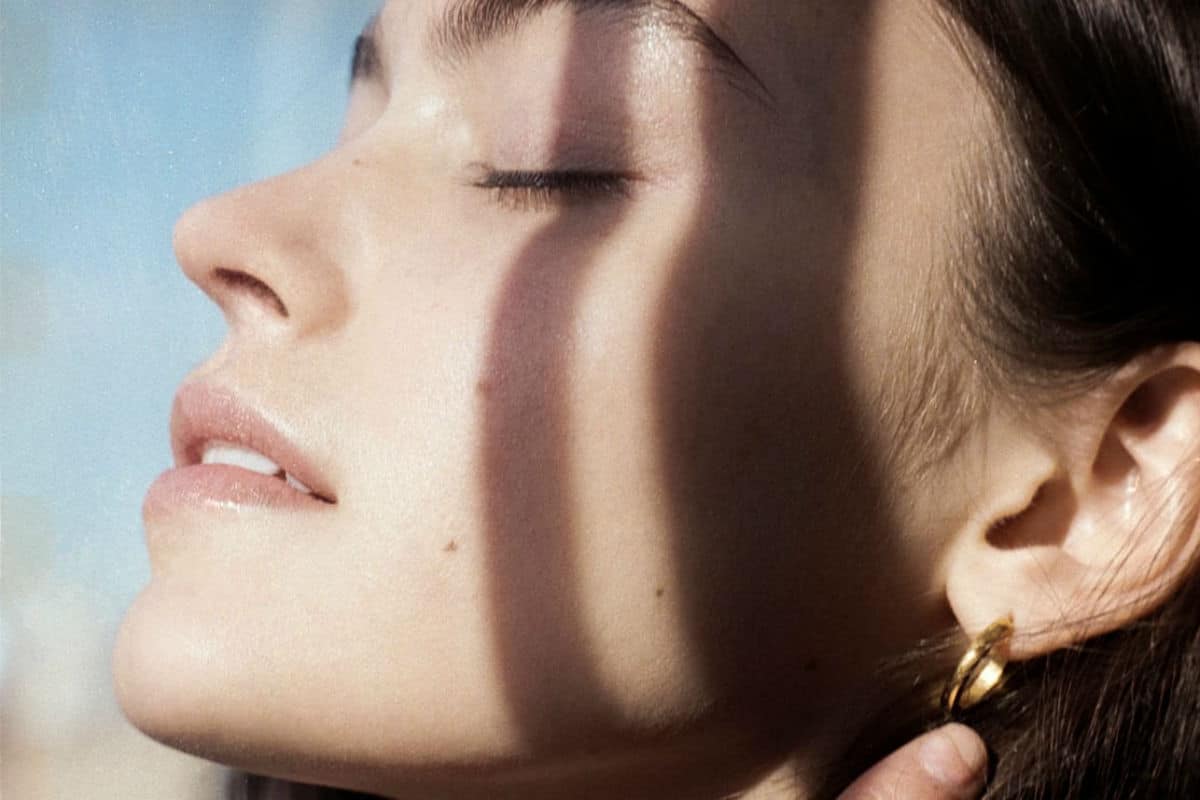
Acne is a part of life and most of us will have had some experience with it. It's nothing to be ashamed of. That said, acne is not fun. It can be a condition that takes a real toll on your confidence and can negatively impact your sense of self.
Skin conditions like acne are now a new reality for many of us, a side-effect of wearing a mask for long periods of time. So, we sought to find out more. What exactly is the cause of acne? Are there different types? And, are there any ways to beat it?
We spoke to an expert, Avène's dermatologist Dr. Philip Tong and asked him all the question we had about acne and skincare. He shared that there are many different causes of acne, advised that we drink lots of water and suggests we don't overcomplicate our skincare.
Can you explain, what exactly is acne?
Acne is a condition whereby the skin produces blackheads and whiteheads, also known as comedones, and they can lead to inflammation and can be seen on the skin as papules, pustules and nodules. When untreated, acne can lead to scarring and affect one’s self esteem.
How can you tell what's causing it? Whether it's environmental, hormonal or from sebum?
There are many reasons for acne to form. It can be due to genetics, hormones, skin dryness or external factors such as cosmetics. All these factors influence the formation of the comedone and sebum (aka. oil production) on the skin which can lead to acne.
Are there any specific causes of adult acne?
Adult acne is more common in women than men and affects those aged 20 or above. In women, acne is found around the jawline and chin area whereby they can be very inflamed and tender to touch. Although the causes are not clear, hormones, dry skin and stress can cause breakouts. In some cases, underlying medical conditions such as polycystic ovarian syndrome should be ruled out. This condition is sometimes called hormonal acne.
What's your approach to treating and managing acne?
Acne requires an understanding of good skin care and when required medical treatment, especially when it does not appear to be controlled by other means. I always recommend my patients to use a soap-free cleanser such as Avène’s Cleanance cleansing gel followed by a moisturiser such as their Cleanance comedomed anti-blemish concentrate. This product works well and can be used with topical medical treatments as well as some oral treatments for acne.
Would you treat hormonal acne differently to acne caused by other factors?
Although hormonal acne should still follow the same skin care routine of a cleanser and acne-specific moisturiser, some patients require treatments such as the oral contraceptive pill or spironolactone. In severe cases, oral isotretinoin is still the most effective treatment and low dose options may be suitable for some patients.
What's the best way to minimise scarring?
To avoid squeezing when there is a breakout but also to treat acne early to avoid scarring from occurring in the first place.
What are the most holistic ways to prevent acne?
Ways to prevent acne include having a balanced diet and plenty of water. Also smoking and alcohol can also cause breakouts so it is best to minimise exposure to those. It is also important to remove your make up well as other particulates such as pollution on the skin with Avène’s micellar lotion followed on by the Cleanance cleansing gel if additional cleansing is required.
What the best way to banish a breakout fast?
There is no easy way to banish a breakout however sometimes topical and oral medications can be prescribed to quickly settle down inflamed acne. Occasionally, I perform injections with a botox needle to settle down inflamed acne, particularly if requested before an important event and my patients want to calm a breakout fast.
What’s a common mistake that people make when trying to battle breakouts?
Common mistakes people make when facing breakouts is to overcomplicate their skincare with other products or overusing products such as benzoyl peroxide which can dry the skin more.



